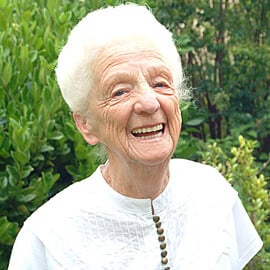The proposition being put forward is that since the GFC (2008) there have been few, if any, buyers or investors in big village businesses - but this year the appetite has changed.
The Australian says: “But sentiment has changed for various superannuation funds and large investors, which may be running out of lucrative investment options for exposure to the country’s ageing population at a time when interest rates are low and cash yields in the sector are improving."
In summary, there is little room to buy into aged care at a good price, so villages are the next best ageing/property sector.
The Stockland Retirement profit growth of 20 per cent to $49 million over the past 12 months, plus a stronger Return On Assets now on track to 7 per cent in the next 24 months, backed by the biggest development pipeline in the retirement sector, are all reasons put forward which make the time right to successfully sell.
The business would likely be sold into a new independent business rather than to another operator.
Other commentators say it makes sense because the cash from the sale which could be channelled into better yielding assets, would help the Stockland share price. It has steadily dropped 19 per cent in the past five months from $4.65 to $3.78 – down to about what the Net Asset Value is for each share.
Talk of a recession could also hurt Stockland’s retail and commercial business looking forward 24 months. Cash from the retirement sale would be attractive.
The group made a 2015 operating profit of $608 million so retirement at $49 million accounts for just 8 per cent of the business.
Stockland has declined to comment.






